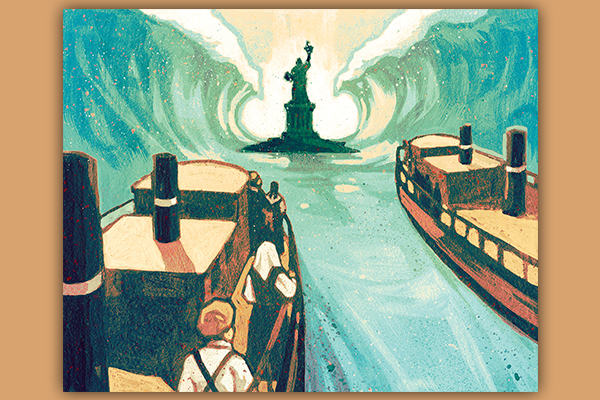I WRITE THIS month’s reflections with a heavy heart as the federal government’s violent attacks on immigrants continue. As a Korean-descent immigrant, I understand how scapegoating, hatred, and being blamed for things beyond our control can be exhausting for body and soul. Our communities are on the brink of despair; our hopes for a better future are shattering.
And yet, we hold on to our faith. We know we are not alone. God is our refuge. We have friends, colleagues, and neighbors who are in solidarity with us and who pray for us. As we face lawlessness geared with imperial might, we believe that our God, the only true “king,” will “judge between the nations” and “settle disputes.” Then we will beat “swords into plowshares” and “spears into pruning hooks.” God is the ultimate judge of all (Isaiah 2:4).
The transformative path of Zacchaeus inspires me. His story is a model of faithfulness. Whether or not you claim Jesus as your savior, I believe that you can change by caring for the poor and oppressed, participating in reparations, and sharing your abundant gifts. After all, the gospel says so.
Read the Full Article

